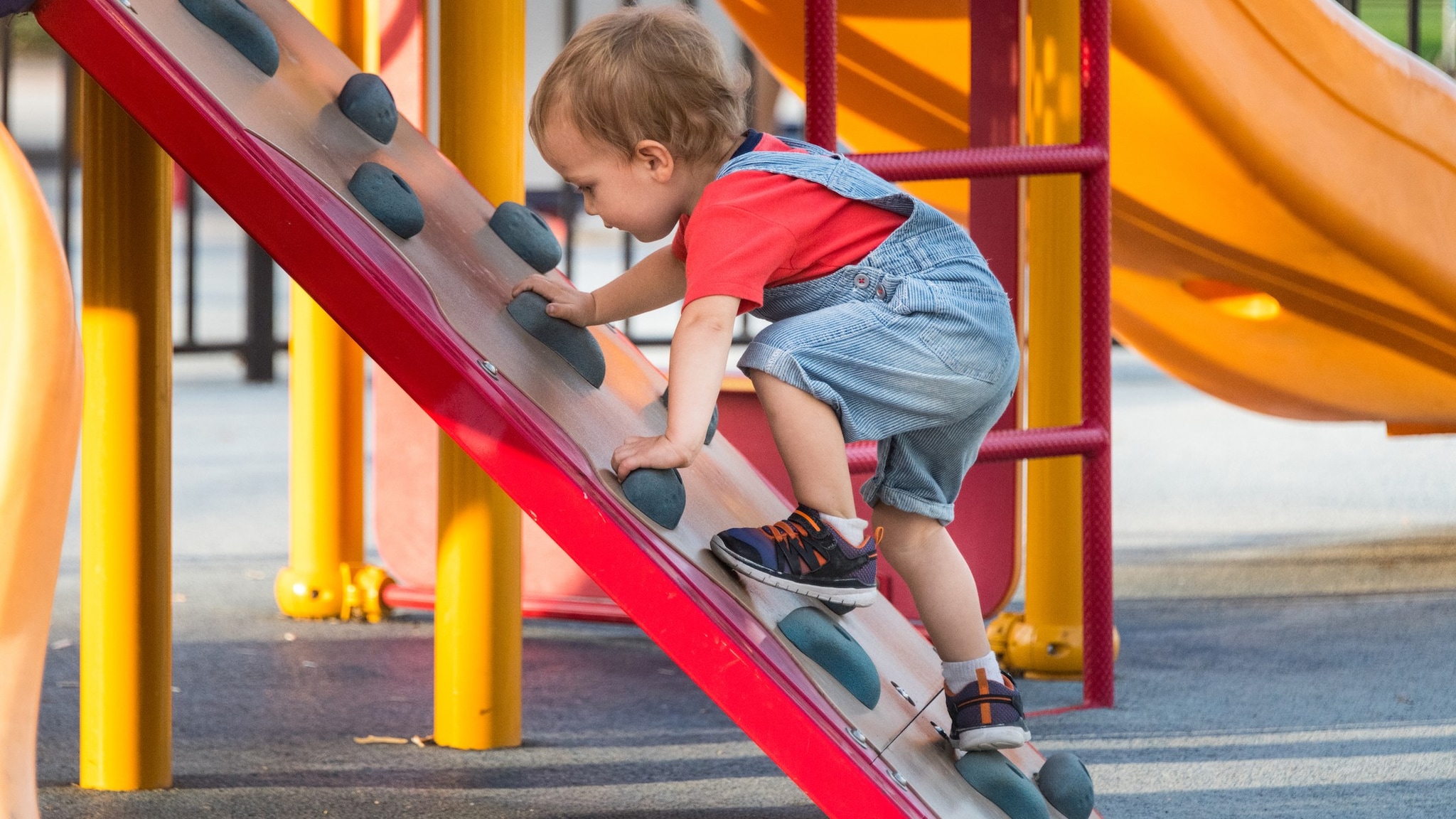What to know
- About 3 in 5 children (12.5 million children) not yet in kindergarten are in a nonparental care arrangement at least once a week.
- High-quality early care and education (ECE) programs can have a positive impact on a child's health and well-being, including helping prevent childhood obesity.
- States and communities can adopt policies and activities to support healthy growth in ECE.

Why is this setting important?
Most young children spend time in care outside of their home. About 12.5 million children from birth through age 5 who are not yet in kindergarten are in a nonparental care arrangement at least once a week. That's 3 in 5 children in this age group.
The number of children in ECE settings makes it one of the best places to help build a foundation for healthy living. High-quality ECE programming can have a positive effect on a child's social-emotional well-being, educational achievement, health, and socioeconomic outcomes later in life.
ECE practices and programs can support healthy eating and physical activity when children are young, which can help prevent childhood obesity. These efforts can also influence their habits throughout their life.
What can be done?
States and communities can adopt policies and activities to:
- Improve nutrition.
- Increase physical activity.
- Limit screen time.
- Support breastfeeding mothers.
- Advance Farm to ECE programs.
Learn more
Click on the links below for more information on how to promote healthy growth and prevent obesity in ECE settings.
Public Health Strategies for Early Care and Education
High-Impact Obesity Prevention Standards
- Cui, J., and Natzke, L. Early Childhood Program Participation: 2019 (NCES 2020-075REV), National Center for Education Statistics, Institute of Education Sciences, U.S. Department of Education. Washington, DC.; 2021.
